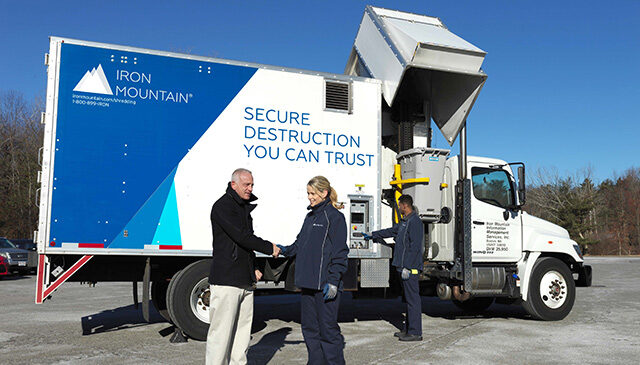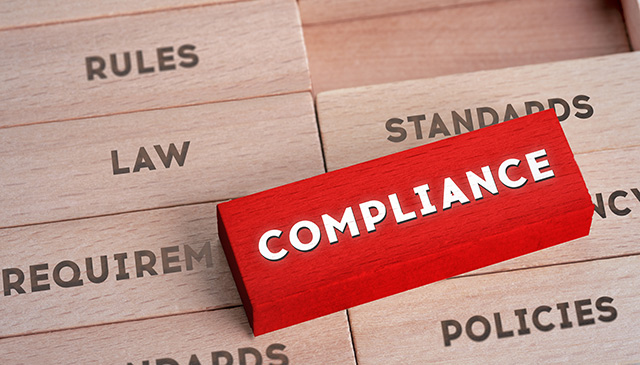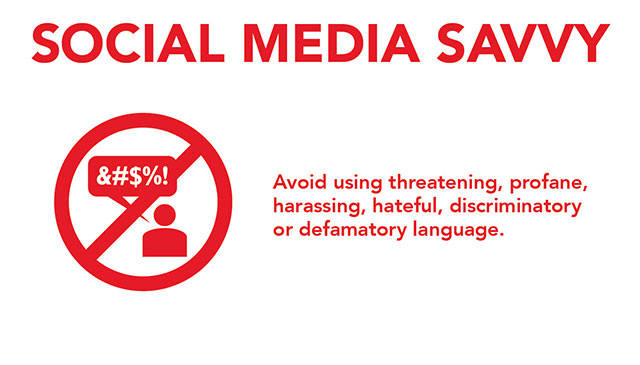
Social media allows us to connect with friends, family and causes important to us. Working in health care, we handle confidential information from patients and members every day. Even if names and other identifiers are not included, we must be sensitive about what we share on our personal social media channels.
See below for seven real examples of employees getting social media wrong. All of them received disciplinary action, and some were terminated.
- The Today Show ran a story about a patient. An employee commented on Today’s post, “I worked with this patient.”
- An employee made a “day in the life” TikTok video, which included footage panning the camera around their workspace, capturing computer screens with patient information in the background. The employee also included an image of blood splatter on their scrub pants.
- A local news channel highlighted an incident in which a parent allegedly physically assaulted a school bully. Recognizing the parent, an employee shared the post and tagged several co-workers commenting, “their kids come to our clinic.”
- An employee posted a photo of them holding an infant patient on Instagram. The post was captioned, “this baby needs a new heart, but she’s already stolen mine,” hinting at the patient’s health condition.
- Two employees assisted in an unusual procedure. The situation was embarrassing for the patient. One employee “interviewed” the other employee about the procedure, posting the video to social media.
- An employee posted on a patient’s online obituary, “he fought so hard after his lung transplant.”
- After seeing a patient with measles for the first time in their career, an employee posted about their experience on an anti-vaccine Facebook group. The story was of great local interest, and, in their attempt to get more information on the case, local news stations set up tents outside our facility.
So what should I share?
The key to striking the right balance between being an active, engaging professional on social media and upholding the highest standards of ethical conduct is knowing what you can and cannot share.
- General work statements such as “I love my job at Texas Children’s” or “today was tough” or “we’re having a busy flu season” are acceptable as long as confidentiality of patient/member information is maintained.
- Professional achievements and milestones, such as completing a training program or obtaining a certification, deserve to be celebrated!
- Work gatherings and celebrations are great for social media! Just keep things work-friendly and be cautious of the surroundings you capture.
- Health and wellness advice, like tips for maintaining a healthy lifestyle or preventative care, is fine to share if it’s not tied to specific patient/member cases.
- Expressing empathy and offering general condolences like “get well soon” and “sorry for your loss” are appropriate as long as comments don’t indicate a professional/clinical relationship.
- Maintain professional boundaries and use discretion when connecting with others…comment sections can get heated, so keep conversations respectful and always be cautious when sharing work-related information.
- Consult with your peers if you’re unsure about a social media post – it’s always best to double-check before sharing any content that might be questionable.
Need to read the fine print? Texas Children’s has several policies related to social media behavior and etiquette:
- Employee Conduct Policy
- Acceptable Use of Social Media Policy
- Non Recording Policy
- Patient and Member Photography Policy
Concerns? Texas Children’s does not tolerate retaliation for reports or concerns made in good faith. If you have a concern about any suspected unethical, illegal or questionable activity, you should report the concern to:
- Your immediate supervisor,
- The Compliance and Privacy Office at 832-824-2085, or
- Texas Children’s Confidential Hotline at 1-866-478-9070 (available 24/7)
Questions? Contact the Compliance and Privacy Office at 832-824-2085 or compliance@texaschildrens.org, or HR Employee Relations at 832-824-6721 or employeerelations@texaschildrens.org.






 The holidays are approaching, and with that comes the gift-giving season! In your role at Texas Children’s, you might have encountered situations where patients, Health Plan members, or vendors want to give you gifts to express their gratitude. And you’ve probably thought to yourself, can I accept the gift? Depending on your job, accepting a gift may interfere with your professional responsibilities, and could trigger violations of certain laws or ethical rules. So what is appropriate? Below are some FAQs to ensure you and your staff are appropriately handling gifts among Texas Children’s workforce members, patients, Health Plan members, and vendors.
The holidays are approaching, and with that comes the gift-giving season! In your role at Texas Children’s, you might have encountered situations where patients, Health Plan members, or vendors want to give you gifts to express their gratitude. And you’ve probably thought to yourself, can I accept the gift? Depending on your job, accepting a gift may interfere with your professional responsibilities, and could trigger violations of certain laws or ethical rules. So what is appropriate? Below are some FAQs to ensure you and your staff are appropriately handling gifts among Texas Children’s workforce members, patients, Health Plan members, and vendors.